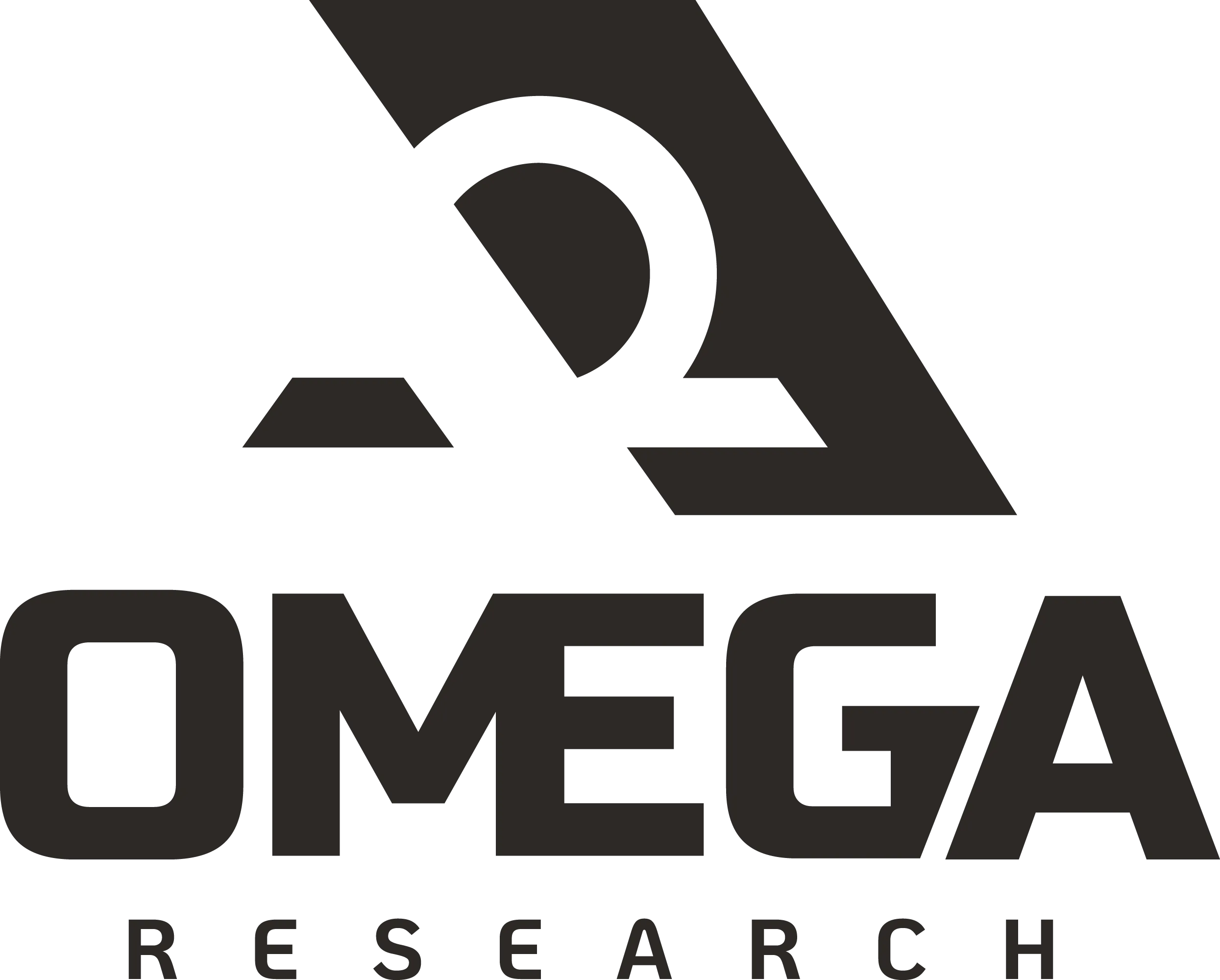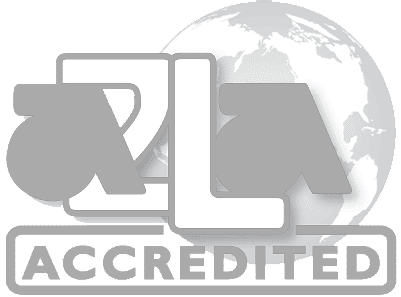In aerospace and defense applications, the durability of surface coatings is as important as their resistance to corrosion. Mechanical wear can compromise the integrity of plated components, leading to premature failure, costly rework, or rejected parts. To prevent these outcomes, many plating companies turn to Taber abrasion testing as a proven method for evaluating how well their coatings perform under stress.
At Omega Research Inc., we provide ASTM D4060, FED-STD-141 (Method 6192.1) and now ASTM B1023 compliant abrasion testing tailored to electroplated, electroless, and anodized coatings. Our lab supports NADCAP-accredited plating companies and NASF members with reliable data to validate wear resistance, optimize processes, and meet quality standards.
What Is Taber Abrasion Testing?
Taber abrasion testing is a standardized method used to measure the wear resistance of a coated surface by subjecting it to controlled abrasive forces. A sample is mounted on a rotating platform and subjected to friction from specialized wheels under a specified load. This simulates the kind of wear parts experience during handling, installation, or in-use service.
The goal is to determine how much material is lost after a specific number of cycles and to identify early signs of wear such as scratches, delamination, or substrate exposure. For coatings used in aerospace and defense, where consistency and durability are critical, this test provides essential insight.
Plating companies that serve high-reliability sectors must ensure that coatings not only meet dimensional and chemical requirements but also withstand physical wear. Taber testing helps confirm that coatings are properly applied and robust enough for real-world conditions. The results can reveal inconsistencies in bath chemistry, poor surface preparation, or inadequate post-treatment. With this information, plating processes can be fine-tuned to deliver more reliable results. In addition, the test results serve as traceable evidence of performance, which is especially important during NADCAP audits or customer quality reviews.
How Wear Affects Coated Surfaces
Mechanical wear can occur at any point in a part’s lifecycle, from handling during assembly to long-term exposure in the field. Common causes of abrasion-related coating failure include:
- Friction from part-to-part contact
- Dust, grit, or airborne debris wearing away the surface
- Uneven plating thickness or inconsistent adhesion
- Improper curing or post-treatment
When these issues go untested, parts may appear to pass initial inspections but fail during actual use, leading to expensive failures down the line.
Omega’s Taber Abrasion Testing Process
At Omega Research, each Taber abrasion test begins with careful sample preparation. We test customer-supplied samples, ensuring all prep and test requirements are properly followed and documented. This avoids inconsistencies that could compromise the results.
Once the 24 aging is completed, and the wheels are prepped with the (S-11) sanding disk the sample is tested on a calibrated Taber abrading system. Depending on the coating type such as hard chrome, thin dense chrome, anodizing, or nickel we select the appropriate abrasive wheels (e.g., CS-10, CS-17). A fixed load, typically 1000g, is applied for a specified number of cycles.
After testing, we analyze the results using a combination of pre and post weight loss measurements and visual inspection. We assess wear patterns, delamination, and substrate exposure, and provide quantitative performance data.
We also offer comparative V.E.T testing services, enabling customers to evaluate variations in bath formulation, curing time, or surface prep side-by-side. Each report includes full documentation for NADCAP compliance and actionable insights for process improvement.
Supporting NADCAP-Audited Labs and NASF Members
Our Taber testing services are built to meet the rigorous demands of aerospace-focused plating labs. With decades of experience in plating and surface treatment evaluation, we tailor each test to match your specific materials and requirements.
We maintain strict traceability throughout the process, from sample intake through data reporting. This ensures that our results support your internal quality efforts and external audits alike.
Need to validate your coatings? Contact us today to schedule a Taber abrasion test or learn more about how our testing services support NADCAP compliance and process reliability.


